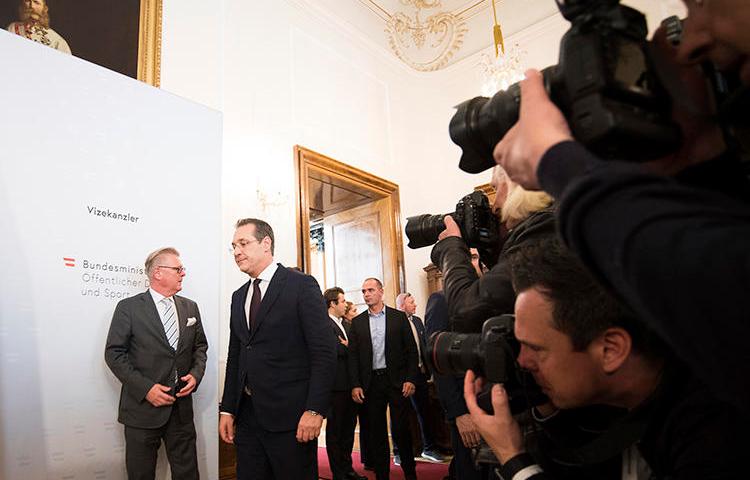
Austrian politician Strache sues German newspapers over ‘Ibiza video’
Berlin, June 12, 2019 — German authorities should reject criminal complaints filed by former Austrian Vice Chancellor Heinz-Christian Strache against news outlets that published a video that led to his resignation, the Committee to Protect Journalists said today.
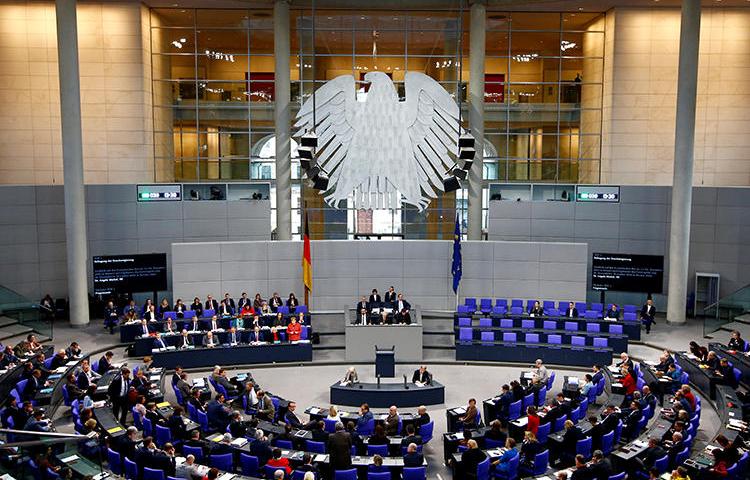
German draft legislation would enable intelligence agencies to spy on journalists
Berlin, June 7, 2019 — The Committee to Protect Journalists today called on the German Ministry of the Interior to drop draft legislation that would make it easier for intelligence services to surveil journalists and their sources.
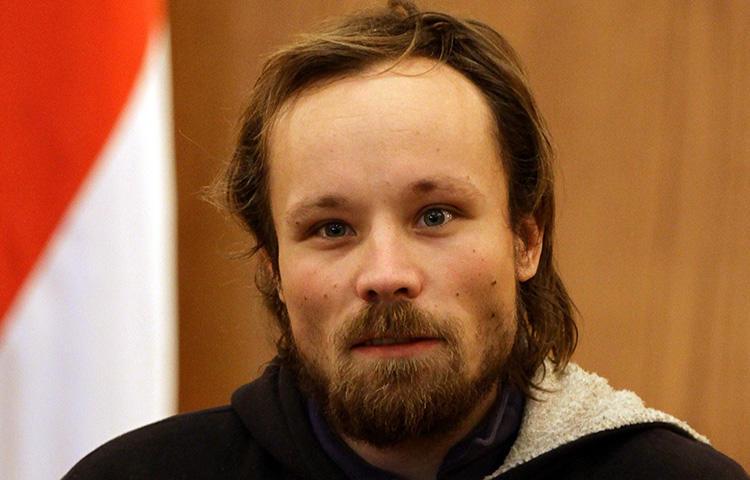
CPJ alarmed by detention of German freelance reporter in Venezuela
Miami, November 29, 2018–The Committee to Protect Journalists today expressed concern over the detention in Venezuela of German freelance journalist Billy Six. Venezuelan counterintelligence agents detained Six in the northwestern state of Falcón on November 17, according to his parents and news reports.
Germany should use UN Security Council role to promote press freedom
CPJ calls on Chancellor Angela Merkel to use Germany’s position on the U.N. Security Council to prioritize press freedom and the safety of journalists. The country should extend its legacy of speaking up when journalists are under attack.

As German hate speech law sinks Titanic’s Twitter post, critics warn new powers go too far
The satirical magazine Titanic appears to have been an unlikely victim of Germany’s recently adopted online anti-hate speech law, NetzDG. “We were truly surprised,” the magazine’s editor-in-chief Tim Wolff told CPJ, as he explained how Twitter blocked the Titanic account for 48 hours after the magazine republished a post Twitter had deleted, in which Titanic…
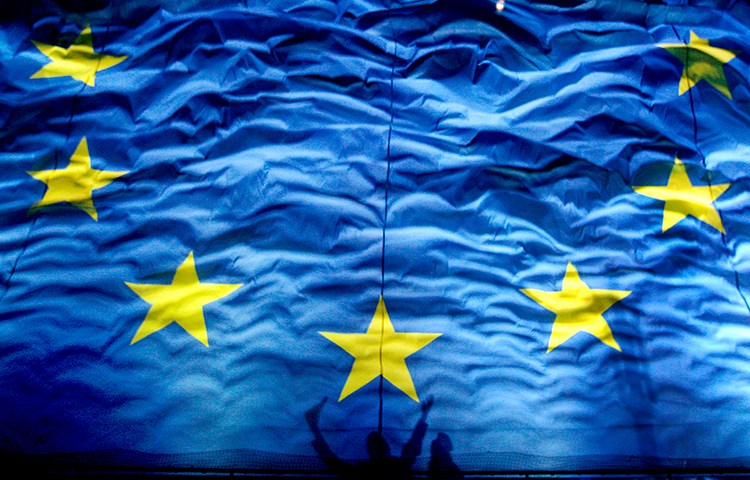
CPJ joins call for EU to stop surveillance software going to rights abusers
The Committee to Protect Journalists today joined a group of human rights groups in calling on the European Parliament to vote tomorrow in favor of legislation that could prevent surveillance equipment from going to rights-abusing governments.

Proposed German legislation threatens broad internet censorship
The German cabinet on April 5 approved a “Draft Law to Improve Law Enforcement in Social Networks” (Netzwerkdurchsetzungsgesetz), ostensibly aimed at combatting disinformation and hate speech, that raises concerns about restrictions on free expression and the privatization of censorship. The law would compel social media companies to remove content or risk fines as high as…
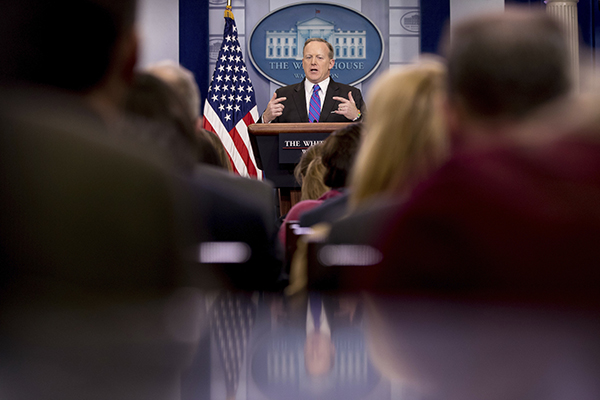
Deciding who decides which news is fake
Authorities decry the proliferation of misinformation and propaganda on the internet, and technology companies are wrestling with various measures to combat fake news. But addressing the problem without infringing on the right to free expression and the free flow of information is extremely thorny.
CPJ asks German Chancellor Merkel to raise press freedom on Turkey visit
Ahead of her visit to Turkey, the Committee to Protect Journalists requests German Chancellor Angela Merkel to ask Turkish President Recep Tayyip Erdoğan to free the dozens of journalists imprisoned in the country and to urge him to allow the more than 100 media outlets closed since failed July 2016 military coup to reopen and to operate without harassment.
CPJ calls on Merkel to use Kyrgyzstan visit to secure Askarov’s release
CPJ calls on German Chancellor Angela Merkel to use her upcoming visit to Kyrgyzstan to call on officials there to release the imprisoned journalist and human rights defender Azimjon Askarov. The U.N. Human Rights Committee found in April 2016 that Kyrgyzstan is obligated to free Askarov, quash his conviction, and pay him compensation for unjust imprisonment. Chancellor Merkel is scheduled to visit Kyrgyzstan on July 13 and 14.